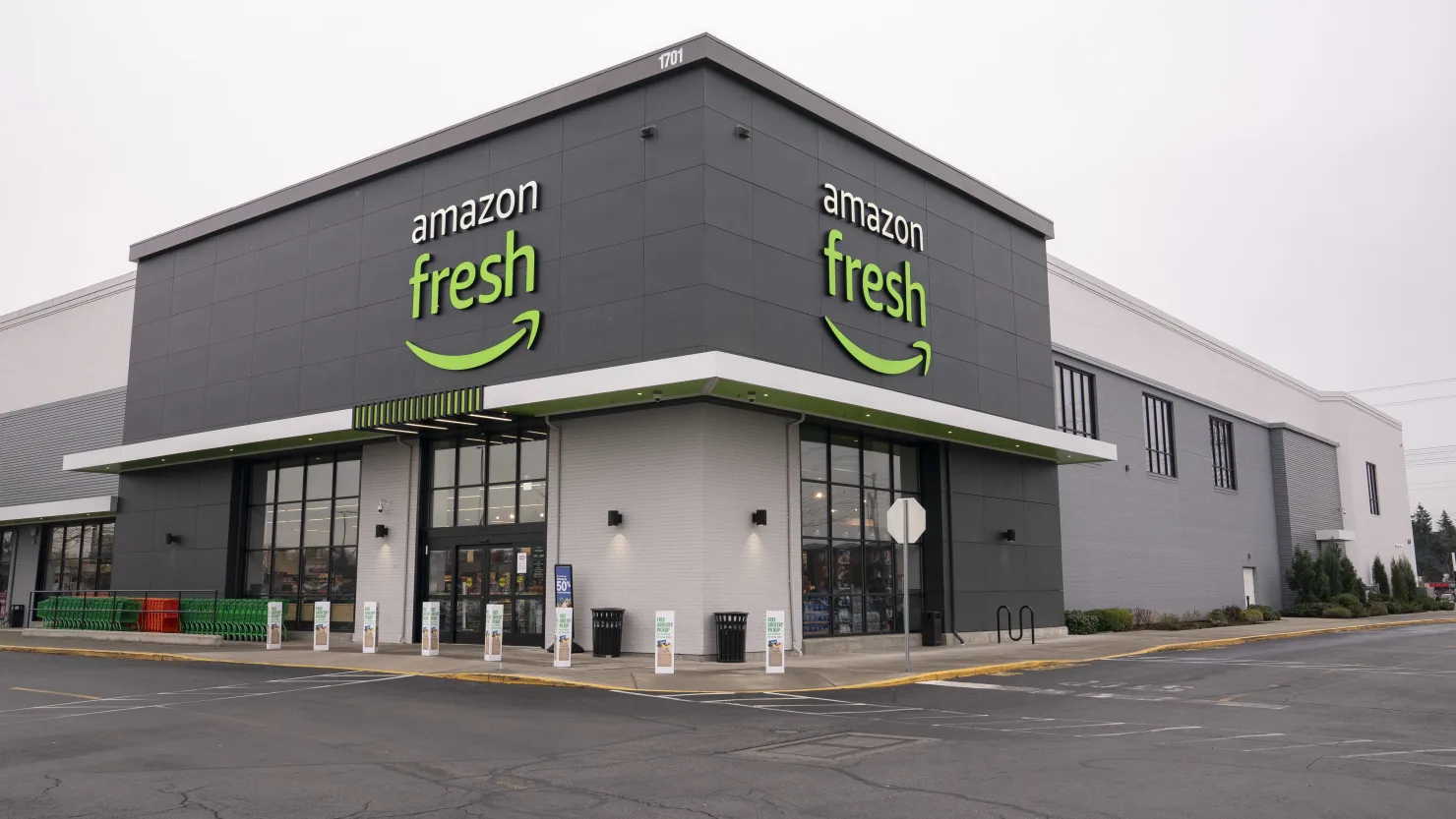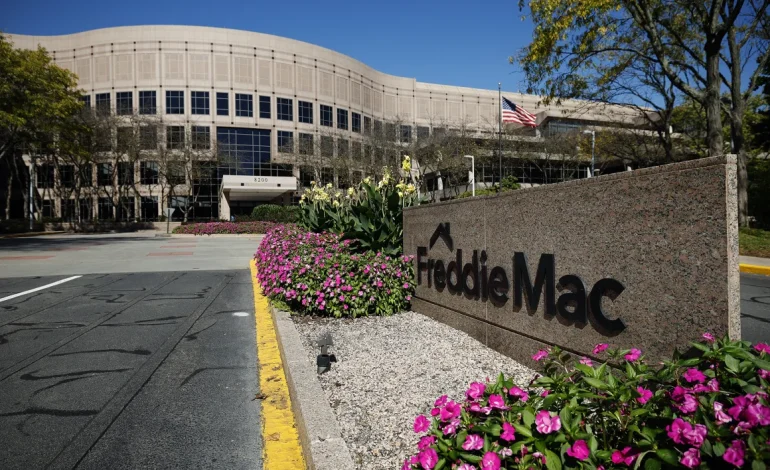A long-standing investment by several hedge funds in mortgage finance giants Fannie Mae and Freddie Mac could soon yield substantial returns if plans to take the companies public move forward—though such a development may also disrupt the US housing finance market, CNN reports.
In recent months, President Donald Trump expressed intentions to end the 17-year federal conservatorship over Fannie Mae and Freddie Mac by taking the firms public. These government-sponsored enterprises play a vital role in the US mortgage system by purchasing loans from lenders and packaging them for investors, thereby helping maintain liquidity and supporting affordable mortgage rates.
While this move is eagerly anticipated by certain investors, including prominent hedge fund managers like Bill Ackman of Pershing Square Capital Management, it has drawn concern from some housing experts and lawmakers. Senate Democrats recently urged the Federal Housing Finance Agency (FHFA) to pause any efforts to privatize the companies, warning that removing government control could lead to higher mortgage rates and reduced access to common mortgage products such as the 30-year fixed-rate loan, which could further strain housing affordability.
Ackman, a leading shareholder in both Fannie and Freddie, has been vocal in advocating for an exit from conservatorship. He maintains that shareholders have already contributed significantly, noting that the firms have paid over $300 billion in dividends to the US Treasury since the 2008 financial crisis bailout. Other notable hedge fund investors like Carl Icahn and John Paulson have also held stakes in these entities, reflecting broader market anticipation.
Despite this optimism, the process of taking Fannie and Freddie public is widely regarded as complex and unprecedented. Together, the two firms have a net worth exceeding $150 billion, suggesting any initial public offering (IPO) could surpass historic benchmarks, including the 2019 Saudi Aramco IPO, which raised $26 billion.
Experts caution that the transition could unsettle the vast $12 trillion mortgage market, especially given the crucial government guarantee currently backing Fannie and Freddie’s mortgage-backed securities. Without this support, lenders might raise borrowing costs to compensate for increased risks, potentially affecting millions of homebuyers, particularly those with lower incomes.
Trump has stated that the government’s implicit guarantees would remain in place even after the companies go public. However, analysts argue that verbal assurances may not be sufficient to calm investor concerns in a market as large and sensitive as mortgage finance. If the government chooses to maintain its backing through fees, those costs would likely be passed on to borrowers, contributing to higher mortgage rates.
Political opposition has also been strong. Senate Democrats have criticized the privatization plans as potentially benefiting wealthy investors at the expense of affordable housing. Furthermore, some experts argue that the pre-crisis model—where private profits were privatized while losses were socialized—should not be reinstated, pointing to the systemic risks that led to the 2008 financial collapse.
Another factor complicating the outlook is the outstanding debt Fannie and Freddie owe to the US Treasury. As part of their conservatorship agreement, the government holds a preferential stake requiring the firms to repay approximately $190 billion before shareholders can realize gains. This means hedge fund investments remain speculative until there is clarity on if or when this debt might be forgiven or restructured.
With Fannie and Freddie’s shares currently trading over the counter, their prices surged following Trump’s initial announcement of privatization plans in late 2020, with gains of nearly 500% for Fannie and 400% for Freddie over the past year. Yet, analysts warn that investing in these shares involves significant risk given the unresolved conservatorship status and government claims on earnings.










The latest news in your social feeds
Subscribe to our social media platforms to stay tuned